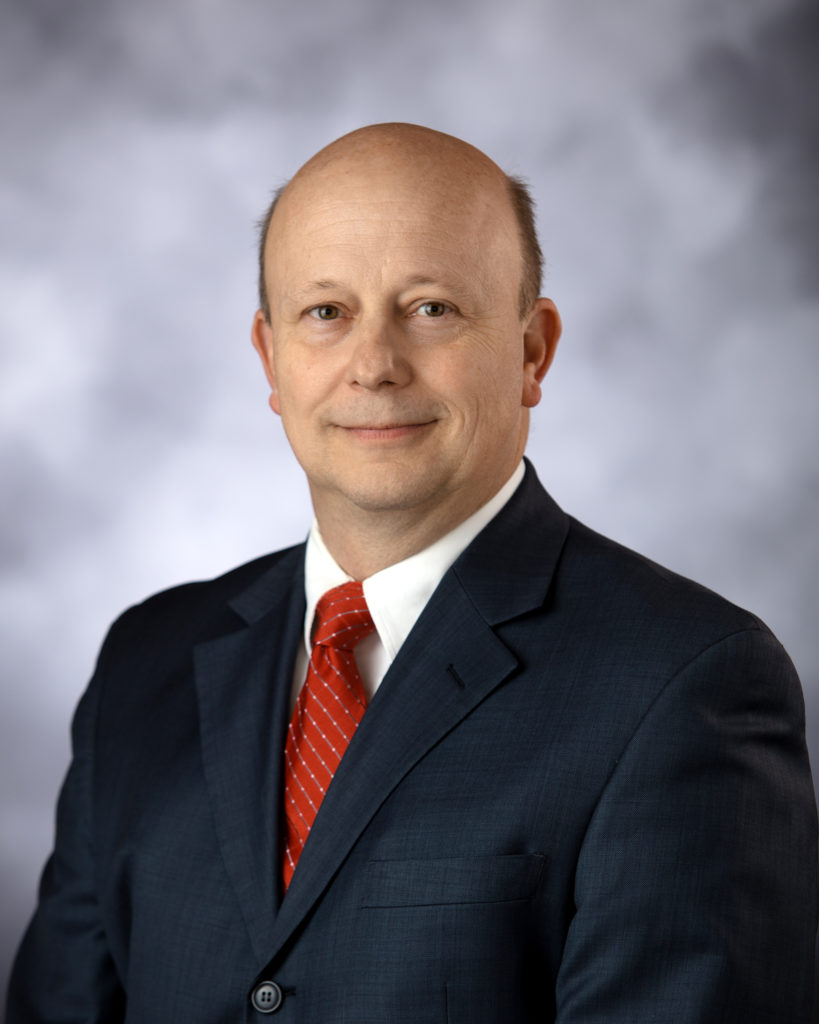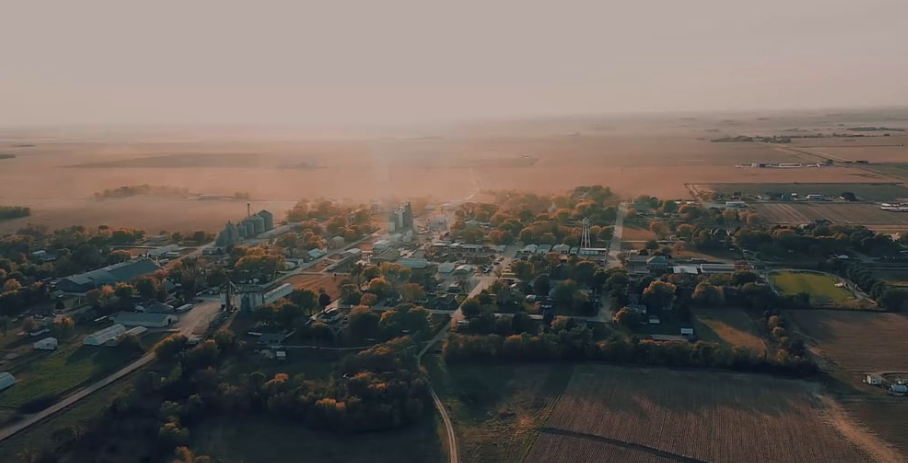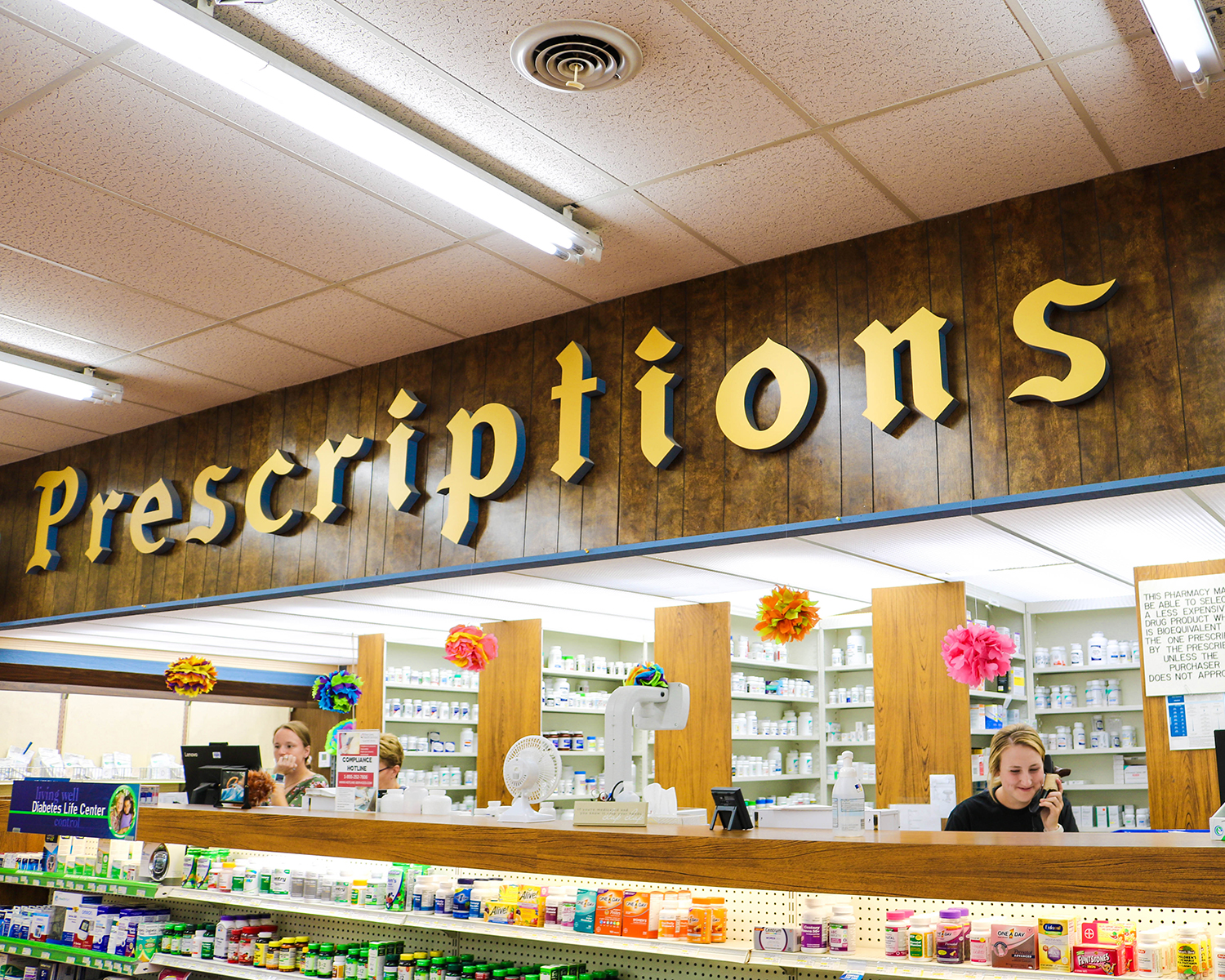
Originally published in the Columbus Telegram
Nebraska reached the next phase of re-opening this week. While there won’t be any solid line that shows we’re past the virus, certainly all of us are hopeful we’ve rounded a corner toward…what? Normalcy? Recovery?
Today, I would propose that we intentionally target “discovery.” First, I have to admit this isn’t my original thought. In a recent conversation, DonnaMarie Dunk shared the idea of “discovery, not just recovery.” She is the executive director of “Bridges to Belonging” in Kitchener, Ontario, Canada and we were both part of a global conversation about ways to use asset-based community development to help neighbors during the pandemic.
The fact that I was part of a work conversation with someone in Kitchener is, in itself, an example of discovery. I’m sure I’m not the only one that has had virtual conversations with people I would’ve not talked with, or even gotten to know, were we not forced into the world of on-line meetings. From that experience I’ve discovered that community development in Nebraska is similar in many ways to England, Canada, Australia, or South Africa. I’ve learned things that will help in my work and in simply having a wider view of the world and those I share the world with.
So I’m on-board with DonnaMarie’s suggestion that we aim higher than mere “recovery.”
That’s a reasonable goal for families, who have discovered the value of time spent together playing a game or watching a movie. Many have discovered the value of slowing down and appreciating time together. I would suggest the value of reconnecting family bonds can’t be overestimated and probably addresses some of the other ills that society faces. So maybe families don’t just “recover” to their previous state, but in fact, discover the value of each other.
It’s a reasonable goal for organizations. What have we learned that makes our organizations both more efficient and effective? We’ve discovered the value of connecting across space using virtual tools . . . but we’ve also discovered (re-discovered?) the value of personal interaction. How can your organization use that learning to better serve customers, give employees flexibility, limit expenses? I would submit that all of those are possible outcomes if we strive for more than just recovery.
It’s also a reasonable goal for communities. Through this experience, we’ve discovered the importance of local business, local employers, local social fabric, and other local institutions. But what else can we now discover? I believe there are towns and neighborhoods who have found power in “homegrown” initiatives—instead of waiting for government or a charity to provide food for their neighbors, they’ve just started sharing what they can in a common space in their neighborhood. Instead of a “program” to connect to neighbors who are shut in, they’ve simply started a neighborhood calling tree. In place of a statewide mental health initiative, they’ve started checking in on their neighborhoods. Now those are examples of not just recovery, but discovery!
So I will reiterate my recent proposal to greater Nebraska. I believe we have all the ingredients to create powerful discoveries instead of merely recovering. We’ve seen that happen across the NCF network with affiliated funds responding to the pandemic in “homegrown” ways. I believe if we discover ourselves and our neighbors as powerful assets, and move that discovery to action, then we’ll do far more than just recover. After all, we’re the people we’ve been waiting for!
Don’t miss this unique opportunity to “Discover, not just recover.”


